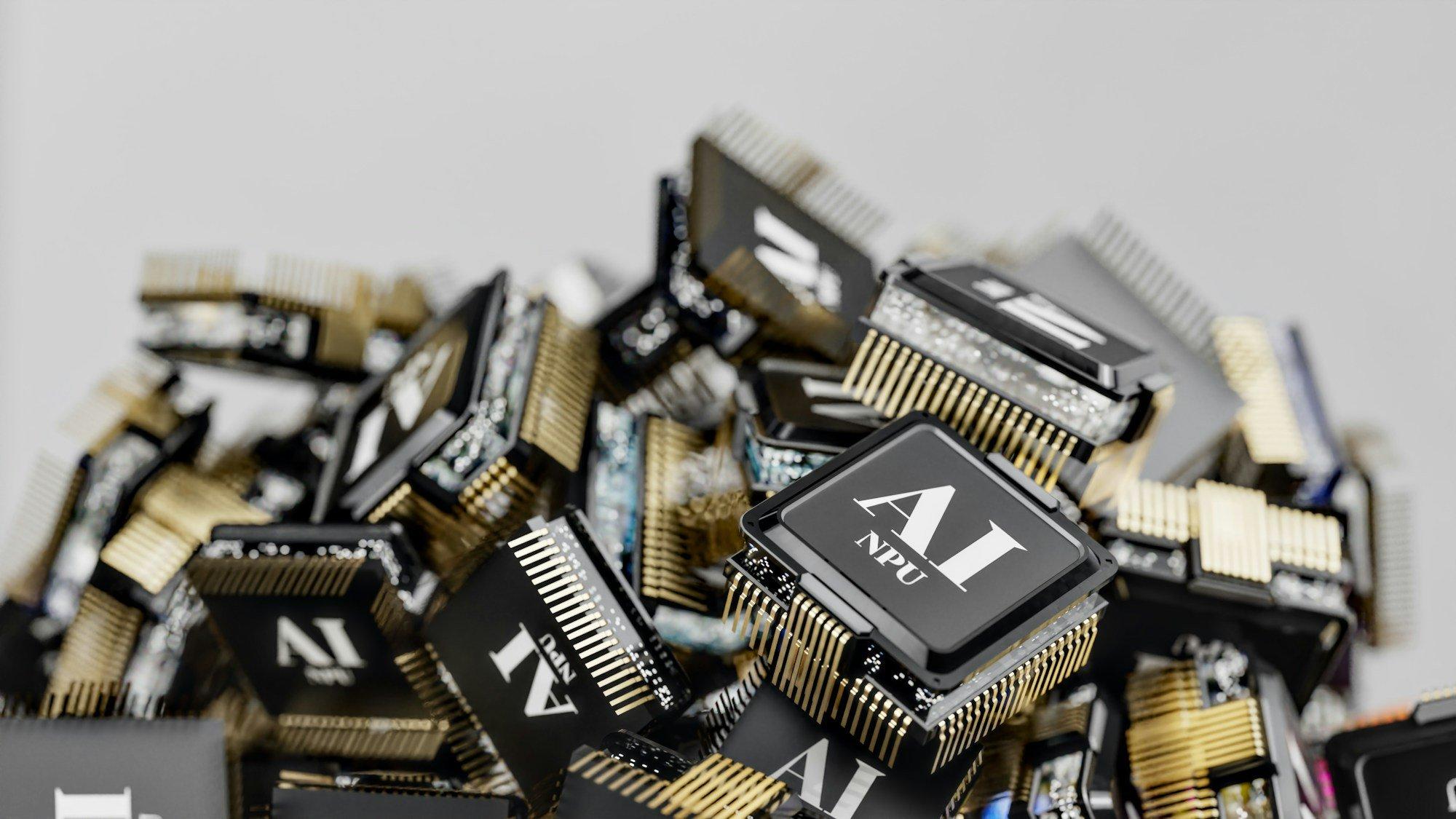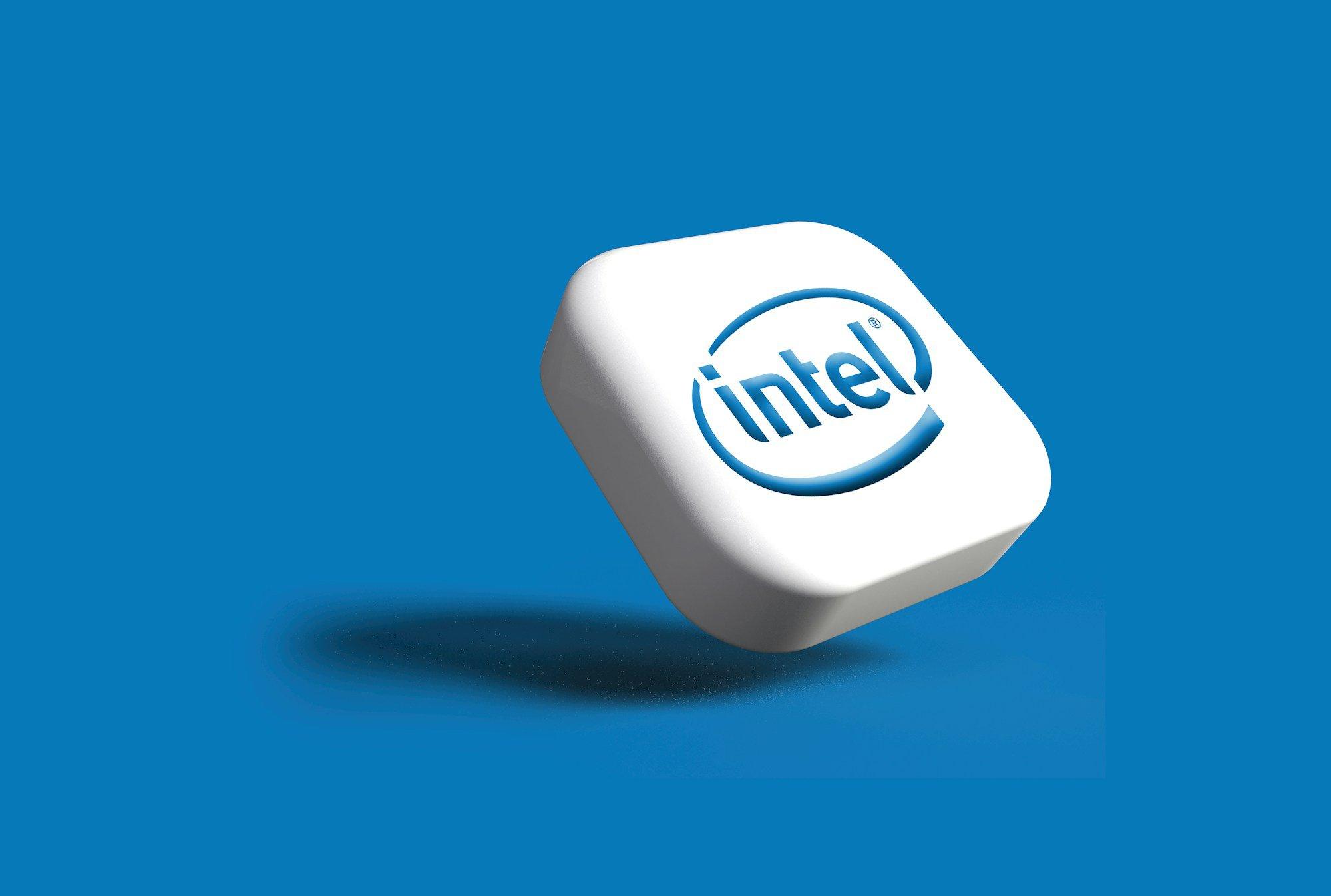The automotive world is abuzz with news of a potential landmark merger between Honda Motor Co (NYSE:HMC) and Nissan Motor Co., signaling what could be one of the biggest shake-ups in Japan’s auto industry. Both automakers have confirmed they are in discussions to explore a merger or deeper collaboration, with a possible announcement expected soon. The talks come amid intensifying challenges in the global auto sector, as both companies grapple with declining sales in key markets like China and North America and the rising dominance of electric vehicle (EV) manufacturers such as Tesla and BYD. Reports also suggest that Taiwan’s Foxconn, a leading electronics manufacturer, expressed interest in acquiring a stake in Nissan, potentially catalyzing Honda’s move to secure the merger. While the merger promises operational synergies, it also raises questions about cultural alignment and overlapping product portfolios. Let us evaluate the biggest factors that underline the necessity and implications of the potential Honda-Nissan alliance.
Addressing Mutual Struggles In Key Markets
Both Honda and Nissan have faced significant setbacks in recent years, particularly in China and North America. In China, the world’s largest auto market, the rapid transition to electric and plug-in hybrid vehicles has left both companies scrambling to adjust. Local EV giants like BYD and international competitors like Tesla dominate the market, capturing growing consumer demand for electrified vehicles. Data shows that more than 50% of passenger cars sold in China are now either EVs or hybrids, a trend that has eroded the market shares of legacy automakers like Honda and Nissan. Compounding the issue, Honda reported a sharp drop in earnings in the first half of its fiscal year, driven partly by its struggling operations in China, where it recently announced plans to cut production of gasoline vehicles. Similarly, Nissan halted production at a key plant in China this year and is restructuring its global operations, cutting 9,000 jobs and reducing production capacity by 20%. In North America, Nissan reported a 90% drop in operating income for the half-year ending September 30 and declining vehicle sales. The struggles of both companies underscore the need for a strategic alliance to pool resources and accelerate the transition to electrification. By merging, Honda and Nissan can better address these challenges through shared investments in EV technologies, leveraging economies of scale, and minimizing overlaps in their global operations.
Japanese Car Market Dynamics & Government Influence
Japan’s auto industry has long been fragmented, with numerous manufacturers competing domestically and globally. However, the rapid electrification of the automotive sector has created a pressing need for consolidation. While the U.S. and Germany are dominated by their respective "Big Three" automakers, Japan’s crowded landscape has made it difficult for individual players to compete in an increasingly globalized and tech-driven market. Toyota, Japan’s largest automaker, has taken a commanding lead by building alliances with Subaru, Mazda, and Suzuki, securing its position as a global powerhouse. In contrast, Honda and Nissan have remained relatively isolated, struggling to keep up with the financial and technological demands of the new automotive era. Government initiatives have also played a role in nudging companies toward consolidation. Recent policies emphasize the importance of collaboration to develop next-generation technologies, including software-defined vehicles and EV components, with a target for Japanese firms to capture 30% of the global market for such vehicles by 2030. A Honda-Nissan merger, potentially including Mitsubishi Motors, would consolidate the Japanese industry into two major camps—one led by Toyota and another by Honda-Nissan-Mitsubishi—positioning the latter to better compete on a global scale. Such a move aligns with government objectives to ensure the survival and competitiveness of Japan’s auto sector amid the growing dominance of Chinese EV makers.
Synergies In Electrification & Technology Development
The merger offers significant opportunities for Honda and Nissan to share the high costs of electrification and technology development. Both automakers have announced ambitious plans to ramp up EV production, with Honda committing to a ¥10 trillion investment in electrification this decade and Nissan bringing its experience as a pioneer of mass-market EVs with the Leaf. However, the financial burden of developing batteries, software, and autonomous driving technologies has been immense, particularly for companies with smaller global footprints compared to Toyota and Volkswagen. The partnership would enable the sharing of battery specifications, charging infrastructure, and software platforms, reducing redundancy and accelerating the rollout of competitive EV models. Additionally, both companies can leverage their respective strengths: Nissan’s early-mover advantage in EVs, Honda’s engineering expertise, and Mitsubishi’s leadership in plug-in hybrids and its strong market presence in Southeast Asia. Another area of potential synergy is re-badging vehicles, which could allow the companies to optimize production and distribution networks while offering a broader lineup to consumers. These collaborations would help Honda and Nissan overcome their current lag in software-defined vehicles, an area where competitors like Tesla have set the benchmark, and position them to better compete in the rapidly evolving global auto market.
Foxconn’s Interest & The Race For Control
The Foxconn twist adds an intriguing dimension to the Honda-Nissan talks. Known for its role as a contract manufacturer of iPhones, Foxconn has been aggressively expanding into the EV space, investing heavily in EV factories and exploring partnerships with traditional automakers. Reports suggest that Foxconn approached Nissan about acquiring a stake, raising concerns about a potential foreign takeover of a key Japanese automaker. This development appears to have accelerated Honda’s push for a merger, as it seeks to prevent Nissan from falling into foreign hands. A Honda-Nissan alliance would allow the companies to maintain domestic control over their operations while leveraging their combined resources to fend off external pressures. Foxconn’s involvement also highlights the broader industry trend of non-traditional players entering the automotive market, intensifying competition and driving legacy automakers to consolidate. For Honda and Nissan, the merger represents not just an opportunity for growth but also a defensive strategy to safeguard their market position against disruptive entrants. Furthermore, the alliance could enable the companies to develop joint ventures in emerging areas like battery manufacturing and energy services, reducing dependence on external suppliers and enhancing their ability to compete with vertically integrated EV makers.
Final Thoughts

Source: Yahoo Finance
We can see how Honda’s stock price has taken a beating in the past 6 months. The announcement of the potential merger has also done nothing to boost the same. We see this deal as a pivotal moment for Japan’s auto industry and the global automotive landscape. While the alliance promises to address mutual struggles, enhance competitiveness, and stave off external pressures, it also comes with significant challenges, including cultural differences and overlapping product lines. It is too early to comment whether or not the deal will go through and whether or not it will be a synergistic affair considering the broader implications for the companies’ market positions and long-term growth strategies. This merger, if finalized, could reshape the future of Japan’s auto industry, but its success will depend on how effectively the companies manage integration and navigate the rapidly evolving market dynamics.













